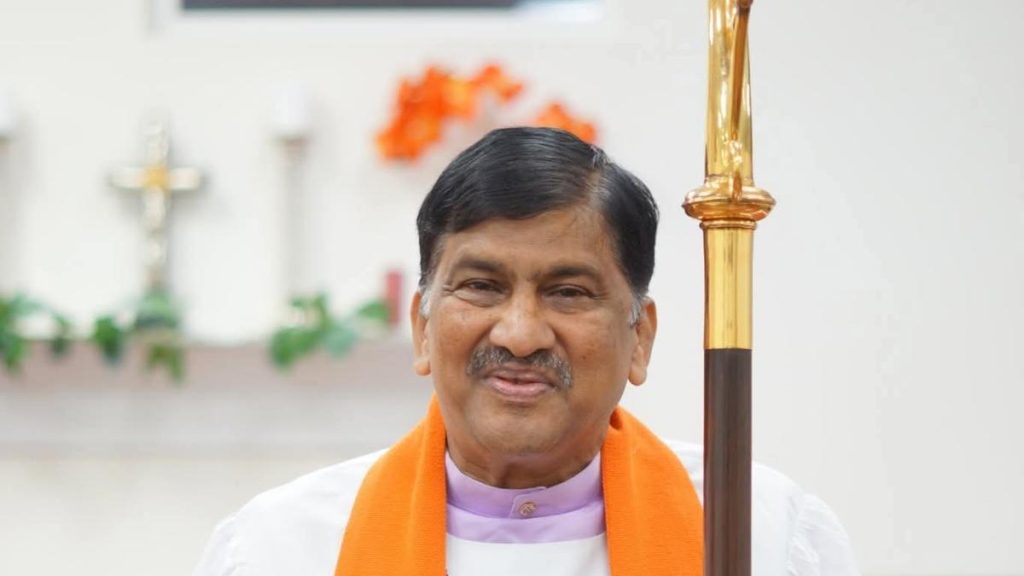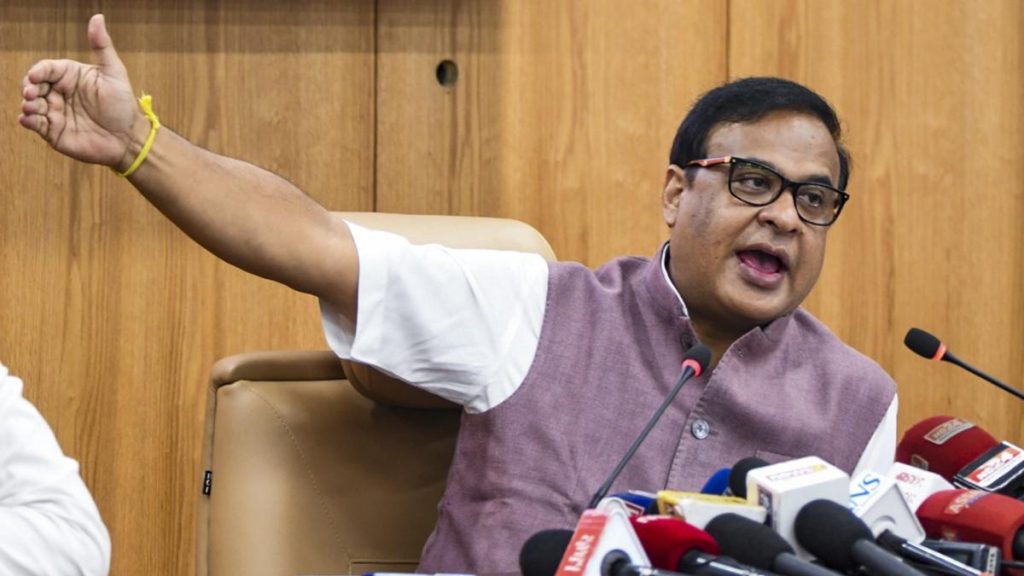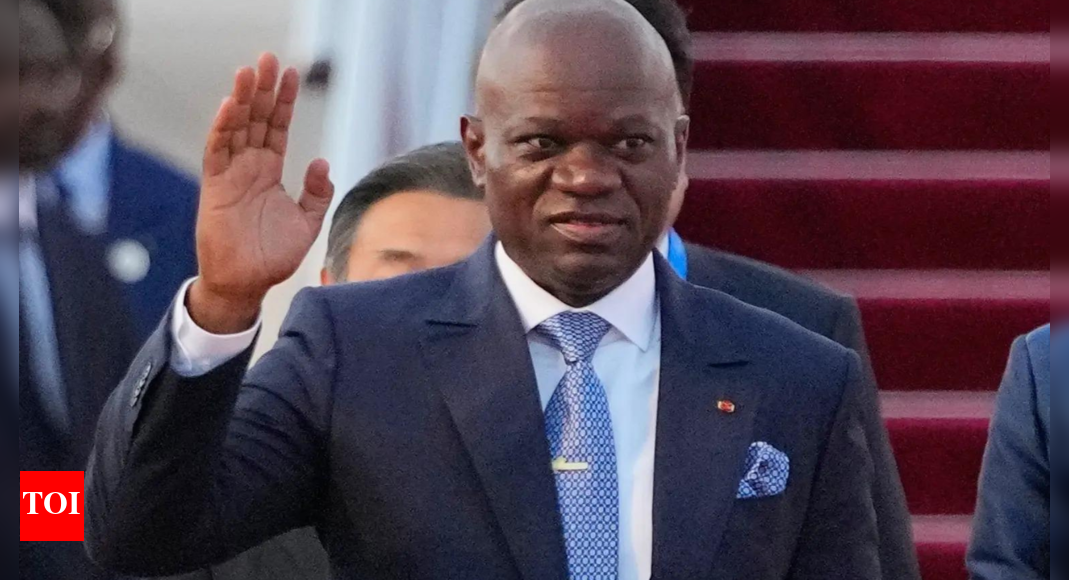Now Reading: Bangladeshi Extremist Groups Issue Threats Against Nobel Laureate Mohammad Yunus
-
01
Bangladeshi Extremist Groups Issue Threats Against Nobel Laureate Mohammad Yunus
Bangladeshi Extremist Groups Issue Threats Against Nobel Laureate Mohammad Yunus

Quick Summary
- Islamist parties in Bangladesh strongly opposed the Women’s Affairs Reform Commission, labeling its proposals as “anti-Islamic” and “Western-inspired.”
- Leaders from groups such as Islamic Movement Bangladesh and Khelafat Majlis warned of protests and serious repercussions if reforms proceeded, claiming they would resist “over our dead bodies.”
- The commission’s 433 recommendations include gender equality measures like reserving parliamentary seats for women, equal inheritance rights, and restructuring family laws.
- Islamists alleged the reforms legitimize social issues like prostitution without addressing trafficking or poverty.
- The interim government’s establishment of the commission on November 18, 2024, was part of efforts toward systemic reform. Muhammad yunus had voiced support for these changes amid plans for elections by late 2025 or early 2026.
- Islamist factions accused Yunus’s governance of engaging foreign agendas but demanded a new commission comprising “pious and socially conscious women” to align with their views.
Indian Opinion Analysis
The impasse surrounding Bangladesh’s Women’s Affairs Reform Commission underscores the tensions between progressive reforms advocating gender equality and conservative elements resistant to change. While the broader intent is systemic betterment-critical in addressing inequality-the sharp objections from Islamist groups reveal hurdles in reconciling cultural norms with modernization efforts. For India, observing these unfolding challenges could offer insights into managing similar socio-political dynamics within its neighborhood while reinforcing dialog around balancing religious sensitivities with rights-based development policies. Stability in bangladesh is pivotal given shared regional interests; thus sustained conflict could have ripple effects across South Asia.

























